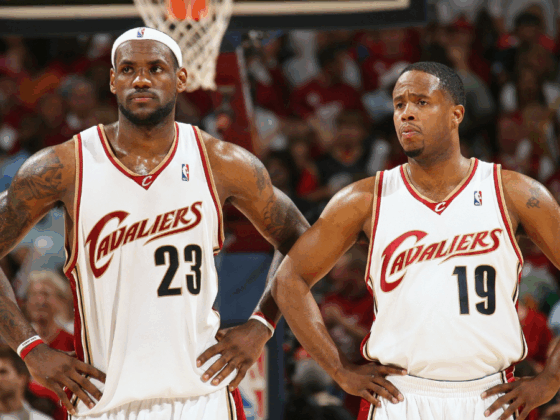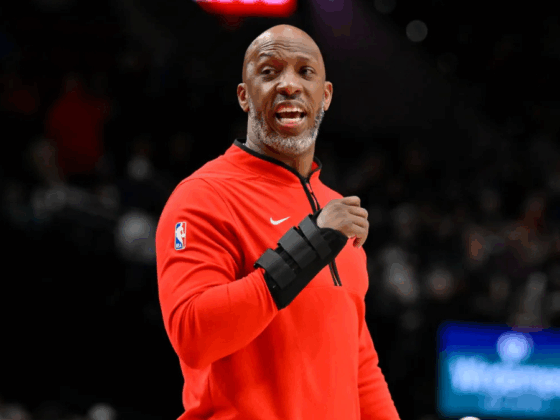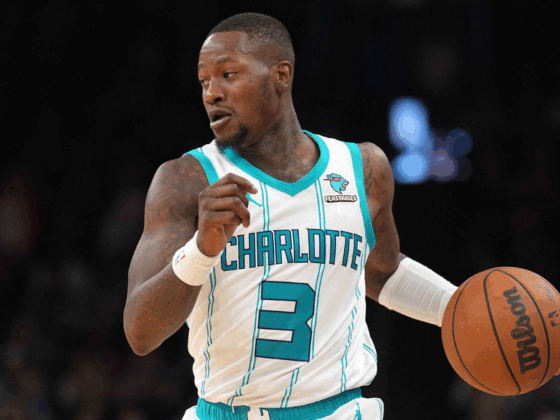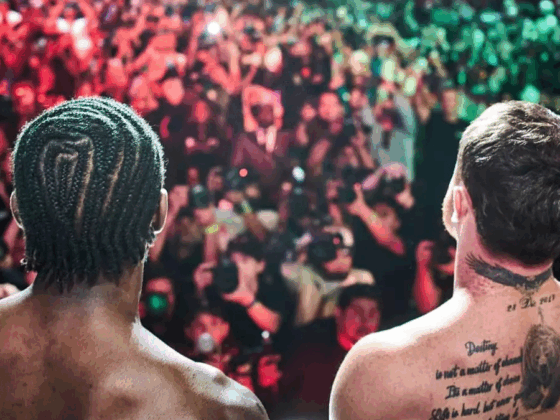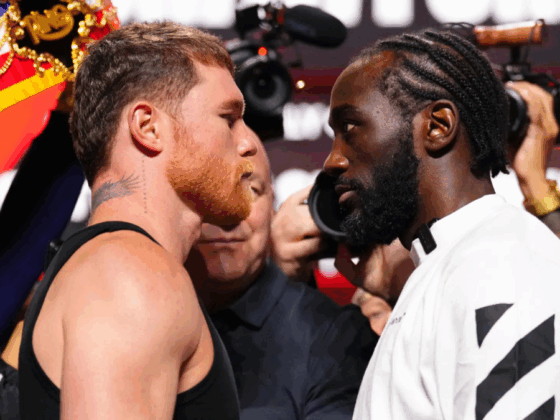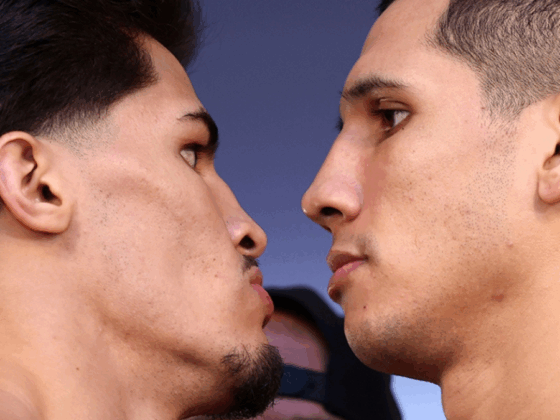
At the end of a recent game against the Sacramento Kings, boo’s started to ring through Vivint Smart Home Arena. The Utah Jazz, down 10 with a little under four minutes to go, were on the verge of what they had done a lot more often than expected this season: losing. After getting to the second round of the playoffs last season, the Jazz have had a pretty rough start to this season.
Utah’s once-vaunted defense that catapulted them to the fifth seed in the Western Conference last year has been doing its job so far, but the offense has been stalling since Day One. With just one offensive star in Donovan Mitchell and a few solid role players around him, they’ve had trouble scoring this season.
It’s not like Mitchell is the team’s only viable playmaker but he’s the only one who can reliably create his own shot and collapse a defense. Joe Ingles and Ricky Rubio, for example, are always going to make the right decisions and keep the offense moving, but the system in Utah requires them to do more than that — especially if their shots aren’t falling. The Jazz run more pick-and-rolls with their guards than almost anyone else and to do that effectively, you need guys who can break down defenses off-the-dribble so they can kick out to shooters, dish to rollers, and get to the rack when the defense tightens up.
In the modern NBA, teams need their primary playmakers to be real threats as scorers in order to attract the kind of defensive attention that opens up the floor for the rest of the team. If the defense can just stay home on shooters and the ball-handler can’t consistently create their own shot, it’s really hard to get any kind of offense going. That’s why the Jazz have had so many problems winning games against the better defenses in the league.
Whenever Utah — particularly Ingles and Rubio — has faced tight pressure this season, don’t have people they can turn to that can do anything in the pick-and-roll besides take a dribble or two, kick it out to the perimeter, and hope that someone can make something happen. Because Mitchell is the only one who can get around his man and create his own shot, he’s essentially become a release valve for Utah in those situations.
It’s fine to have guys like Rubio and Ingles out there to move the ball and occasionally get to the hole, but as soon as the pressure picks up, they don’t have the tools to keep attacking. And that’s not their fault — they shouldn’t be expected to play like All-Stars every night — but it’s something that Utah has to grapple with. The way they’ve gone about dealing with their other playmakers’ limitations is by putting the pressure to attack on the shoulders of Donovan Mitchell — a tactic that has yet to work out in Utah.
As we saw in the game against the Philadelphia 76ers, relying upon a second-year guard to consistently save possessions isn’t working too well. There were a lot of times in that Philly game where he tried to fill the role of a go-to scorer for Utah and will them to a win, but the shots weren’t falling. Some of that is just him in the middle of an off-night, but a concerning portion was him trying to do way too much to compensate for the lack of help around him.
Jazz guard Donovan Mitchell on his 35 field goal attempts in Utah’s 113-107 loss to Philadelphia: “I took 35 shots, that can’t happen. Zero assists. It’s not who I am, it’s not how I play.” pic.twitter.com/QskK0Kkssy
— Eric Woodyard (@E_Woodyard) November 17, 2018
Like most young guards, Mitchell is still trying to figure out how to balance take-over scoring with the playmaking responsibilities of being that go-to scorer. There’ll be games like the one against Philly where he’ll take 35 shots and finish with no assists, and there’ll be games like the one just a few nights later where he shoots just eight times. It’s all part of the process of learning to become the guy. But Utah might not have the desire to invest so heavily in the process right now.
None of this was as big a problem last year when their defense could carry them to wins on a nightly basis, but that flat-out the case this season. They’ve not-so-secretly had a lot more trouble getting stops this year than they ever have in years past. And while their performance on that end is probably going to normalize in time, it still might not be enough to take them very far in the Western Conference. They’re the sixth-worst offense in the league right now and no matter how good they are on defense, they won’t be able to get very far in 2018 if they’re only relying on getting stops to win games.
One of the main reasons that teams are shooting a million threes a game is that it gives them the chance to win on any given night. No matter who the opponent is or how big of a hole you find yourself in, if you happen to be ”on” from downtown, there’s not a lot that can stop you. That’s why so many teams are launching so many more threes this year than ever before; by merely shooting a lot of three’s, you always have a chance to win.
Despite their record, the Jazz seems like they’re a piece away from really starting to get to the next level and make a leap in an open West. With Houston, Oklahoma City, and even Golden State looking weaker than last year, it’s possible that the Jazz can make a deep run into the playoffs this season. Furthermore, the Jazz subtly have one of the deepest rosters in the league right now, and with a little role restructuring, the offense could absolutely blow up. They won’t do that, however, by merely maintaining the status quo.
The most concerning thing — or maybe comforting, depending on how you look at it — about the Jazz this season is that it’s essentially the same team as it was last year. They didn’t make any significant moves this past offseason, so it’s not like they’re trying to integrate new players. This is basically who they are. Given both of their ages, it’s fair to assume that Ingles and Rubio aren’t going to magically become elite scorers at some point this season and Mitchell’s struggles aren’t just going to go away after a few games. Barring some surprising development this sort of feels like the team they’ve got.
With all that said, it wouldn’t be the worst idea in the world for Utah’s front office to start exploring trades to try and jumpstart their offense. As of right now, there aren’t any super-available stars on the market but someone’s bound to be looking for a change of scenery soon. Whether it’s Kemba Walker in Charlotte or Bradley Beal in Washington, someone’s going to be available down the line. No matter who it is, though, the mere introduction of another star could do wonders for the Jazz.
By adding a second star to put next to Mitchell on offense, they could theoretically take some of the pressure off of him and let him round out his game while bringing their offense back up from the brink. With a clearer hierarchy and comfortable roles for everyone on the team, they could become a borderline-elite offense. Without one, they’re in a rough place — and there isn’t a clear way out.

